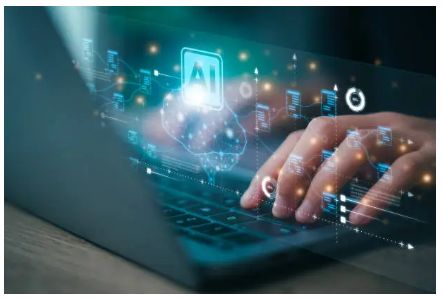Embracing AI in Mental Health: a personal Perspective on the Future

In the ever-evolving landscape of mental health, technology is playing an increasingly pivotal role. One area that particularly interests me is where Artificial Intelligence (AI) meets mental health. From my perspective, AI offers a wealth of opportunities to support us, providing innovative solutions that can enhance our well-being. However, it’s equally essential to consider the potential challenges AI might pose in the future, so we can be better prepared to address them.
Recently, with the rise of AI chatbots, there have been several alarming reports from different parts of the world of individuals who, after seeking help from AI chatbots, ended up feeling more isolated and hopeless. In one heartbreaking case i read, a young woman turned to an AI chatbot for support during a particularly tough time. Instead of finding the solace she sought, the impersonal nature of the interaction left her feeling even more alone, eventually leading her to take her own life. This tragic incident shows us the need to address the potential danger of relying too heavily on AI for mental health support.
On the other hand, there are countless stories of how AI has positively impacted people’s lives. Take for example, the case of ‘john’ a friend of mine, a middle-aged man struggling with severe anxiety. Traditional therapy was out of reach due to his busy schedule and the stigma he felt. However, through the use of AI, John could access support whenever he needed it, without the fear of judgment. The personalized approach helped John manage his anxiety and regain a sense of control over his life.

These contrasting experiences underscore the importance of finding a balance. While AI can offer accessible, immediate support and personalized care, it should not replace the human connection that is so vital to mental health. AI should be viewed as a starting point, a tool to provide initial support and guidance. However, it is crucial to follow up with a physician or a psychiatrist to receive professional help.
In this journey towards a harmonious blend of technology and humanity, it’s crucial to remain vigilant and proactive. We must continuously evaluate and refine AI to ensure it promotes healthy behaviors and provides genuine support. By doing so, we can create a mental health care system that brings the best of both worlds, offering hope and healing to those who need it most.
REMEMBER!, while AI can be a valuable tool, it should never be the sole source of support. Professional guidance is essential to ensure comprehensive and effective care.




